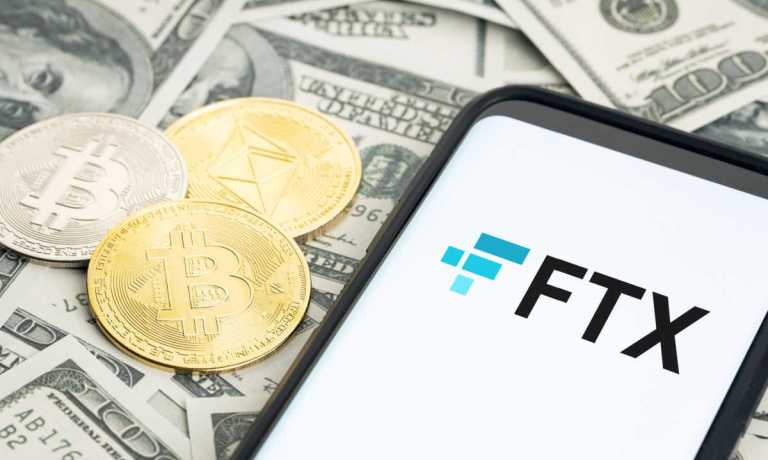FTX Uncovers $1.24B in Cash Ahead of Bankruptcy Hearing

New managers at cryptocurrency exchange FTX have found the company and its affiliates have $1.24 billion in cash — more than what debtors had previously identified — as the beleaguered firm heads to U.S. bankruptcy court.
According to published reports Tuesday (Nov. 22), court filings show that advisory firm Alvarez & Marsal — assigned to unearth FTX’s assets — was able to locate “substantially higher cash balances” than expected.
In court filings this weekend, Alvarez & Marsal reportedly said it had found $564 million spread across multiple bank accounts tied to FTX and its dozens of affiliates.
The company, which said recently it owes $1.45 billion to its top 10 creditors alone, is scheduled to appear in bankruptcy court Tuesday.
FTX’s road to bankruptcy began earlier this month with reports that its sister trading fund, Alameda Research, was significantly exposed to FTX’s FTT token, which underpinned its apparent solvency, and not an independent asset such as a fiat currency or a third-party cryptocurrency.
In response to the news, rival crypto platform Binance began to unload a nearly $2 billion equity stake in FTX held primarily in FTT token, leading to a “run” on FTX, with the exchange’s customers withdrawing $6 billion, crashing the price of FTT tokens by 72%.
Binance offered to acquire FTX, but withdrew from the deal as more news about FTX’s troubles came to light. By Nov. 11, FTX founder Sam Bankman-Fried had resigned as CEO, leaving the company and its affiliates seeking bankruptcy protection.
The collapse has left a number of people in the crypto industry and the larger financial world to call for more regulation of the field.
On Tuesday, PYMNTS spoke about the collapse and calls for regulation with Saule T. Omarova, a Cornell University professor of law who specializes in financial regulation. She was also President Joe Biden’s pick for U.S. Comptroller of the Currency, before asking for her nomination to be withdrawn.
Omarova spoke to PYMNTS’ Karen Webster, saying that a lack of “common sense internal controls,” was among the most glaring failures at FTX.
“We should have seen something like this coming because of the incredible speed with which this market has grown and the lack of any legal or regulatory compliance culture in this new sector, run by a lot of interesting [sic] personalities who are not necessarily part of the financial establishment,” she said.
For all PYMNTS crypto coverage, subscribe to the daily Crypto Newsletter.